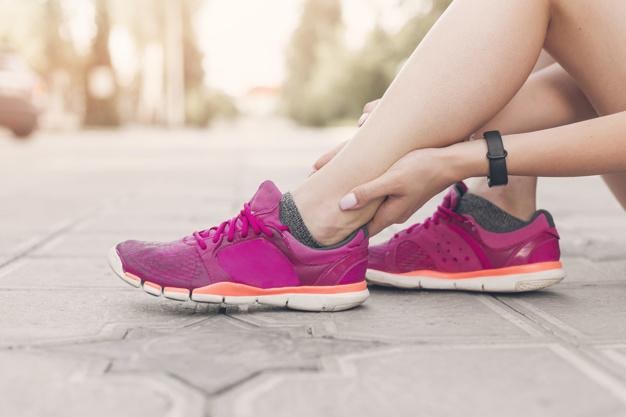Understanding and Preventing Sports Injuries
Sports injuries, in the broadest sense, refers to the kinds of injuries that most commonly occur during sports or exercise. Children are particularly at risk for these types of injuries, but adults can get them, too. You’re at risk for sports injuries if you haven’t been regularly active or don’t warm up properly before exercise or if you play contact sports.
Different types of Sports Injuries:
Different sports injuries produce different symptoms and complications. The most common types of sports injuries include:
> Sprains: Overstretching or tearing the ligaments results in a sprain. Ligaments are pieces of tissue that connect two bones to one another in a joint.
> Strains: Overstretching or tearing muscles or tendons results in a sprain. Tendons are thick, fibrous cords of tissue that connect bone to muscle.
> Knee injuries: Any injury that interferes with how the knee joint moves could be a sports injury. It could range from an overstretch to a tear in the muscles or tissues in the knee.
> Swollen muscles: Swelling is a natural reaction to an injury. Swollen muscles may also be painful and weak.
> Achilles tendon rupture: The Achilles tendon is a thin, powerful tendon at the back of your ankle. During sports, this tendon can break or rupture. When it does, you may experience sudden, severe pain and difficulty walking.
> Fractures: Bone fractures are also known as broken bones.
> Dislocations: Sports injuries may dislocate a bone in your body. When that happens, a bone is forced out of its socket. This can be painful and lead to swelling and weakness.
> Rotator cuff injury: Four pieces of muscle work together to form the rotator cuff. The rotator cuff keeps your shoulder moving in all directions. A tear in any of these muscles can weaken the rotator cuff.
Some sports injuries result from accidents; others are due to Poor training practices, Improper equipment, Lack of conditioning, or Insufficient warmup and stretching.
Treatment for Sports Injuries:
The RICE method is a common treatment regimen for sports injuries. It stands for: Rest, Ice, Compression, Elevation. This treatment method is helpful for mild sports injuries. For best results, it is advisable to follow the RICE method within the first 24 to 36 hours after the injury. It can help reduce swelling and prevent additional pain and bruising in the early days after a sports injury. Both over-the-counter and prescription medications are available to treat sports injuries. Most of them provide relief from pain and swelling, however, if your sports injury looks or feels severe, make an appointment to see your doctor. Seek emergency care if the injured joint shows signs of: severe swelling and pain, visible lumps, bumps, or other deformities, popping or crunching sounds when you use the joint, weakness or inability to put weight on the joint instability.
Preventing Sports Injuries:
The best way to prevent a sports injury is to warm up properly and stretch. Cold muscles are prone to overstretching and tears. Warm muscles are more flexible. They can absorb quick movements, bends, and jerks, making injury less likely.
Also take these steps to avoid sports injuries:
Use the proper technique: Learn the proper way to move during your sport or activity. Different types of exercise require different stances and postures. For example, in some sports, bending your knees at the right time can help avoid an injury to your spine or hips.
Have the proper equipment: Wear the right shoes. Make sure you have the proper athletic protection. Ill-fitting shoes or gear can increase your risk for injury.
Don’t overdo it: If you do get hurt, make sure you’re healed before you start the activity again. Don’t try to “work through” the pain. When you return after letting your body recover, you may need to ease yourself back into the exercise or sport rather than jumping back in at the same intensity.
Cool down: Remember to cool down after your activity. Usually, this involves doing the same stretching and exercises involved in a warmup.
Resume activity slowly: Don’t be tempted to nurse your injury for too long. Excessive rest may delay healing. After the initial 48-hour period of RICE, you can start using heat to help relax tight muscles. Take things slowly, and ease back into exercise or your sport of choice.



Comments
Post a Comment